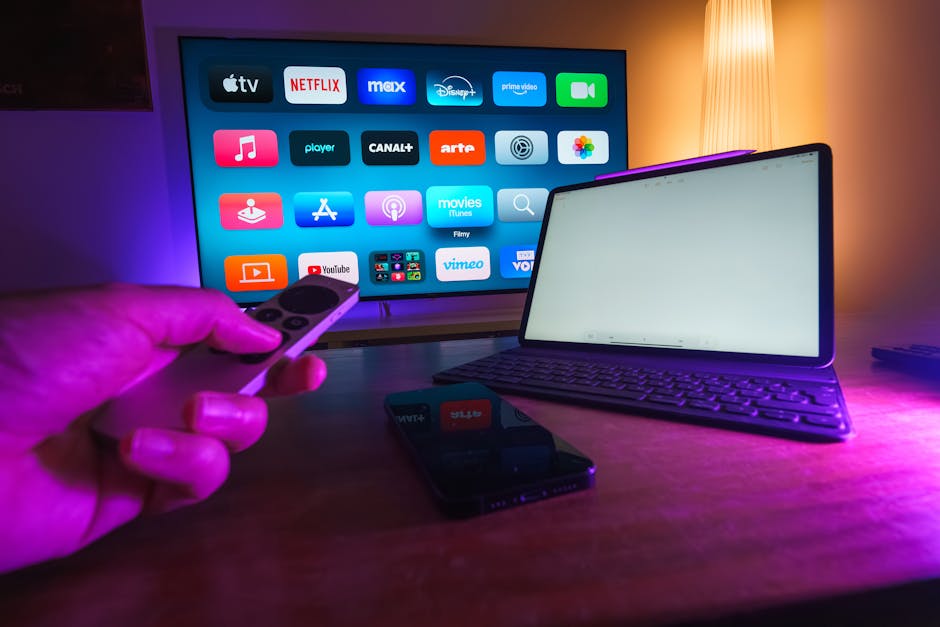Streaming platforms have always tracked what you watch, but HBO Max is taking it further—measuring not just what you stream, but how much you love it. While it might seem intrusive, the Warner Bros. Discovery-owned service claims this data helps improve recommendations and content decisions.
So, how does HBO Max gauge whether you’re obsessed with House of the Dragon or just casually watching? Here’s the breakdown.
How HBO Max Measures Your Engagement
The platform already monitors watch time and drop-offs, but it’s now focusing on deeper signals:
- Rewatch Rates – Binging The Last of Us multiple times? That’s a love signal.
- Social Media Activity – Tweeting or posting about a show? Algorithms may notice.
- Bonus Content Clicks – Watching cast interviews or fan theories indicates deeper interest.
- Account Sharing Patterns – If multiple users on one account watch the same show, it suggests strong appeal.
This data shapes HBO Max’s strategy. A show with high initial views but low rewatches might not get a similar follow-up, while a film like Dune—sparking long-term buzz—could fast-track sequels.
Why It Matters for Viewers
For subscribers, this could mean:
✔ Better Recommendations – Fewer “meh” suggestions, more tailored picks.
✔ Smarter Renewals – Shows with passionate fans (not just big viewership) may get priority.
But is there a downside? While HBO Max isn’t as invasive as apps that track facial reactions, the line between personalization and privacy remains fuzzy.
The Streaming Wars: Quality Over Quantity
Netflix and Disney+ have used engagement metrics to axe shows (Warrior Nun, despite fan campaigns) or greenlight hits. HBO Max’s approach highlights a shift: It’s not just about views—it’s about passion.
What’s Next for Streaming?
Future possibilities include:
– Personalized trailers based on your reactions.
– Exclusive perks for superfans (early access, dynamic pricing).
For now, HBO Max’s message is clear: They don’t just want you to watch—they want you to love it. And in the cutthroat streaming market, that could be the key to survival.
What do you think? Is engagement tracking smart or invasive? Share your thoughts!




